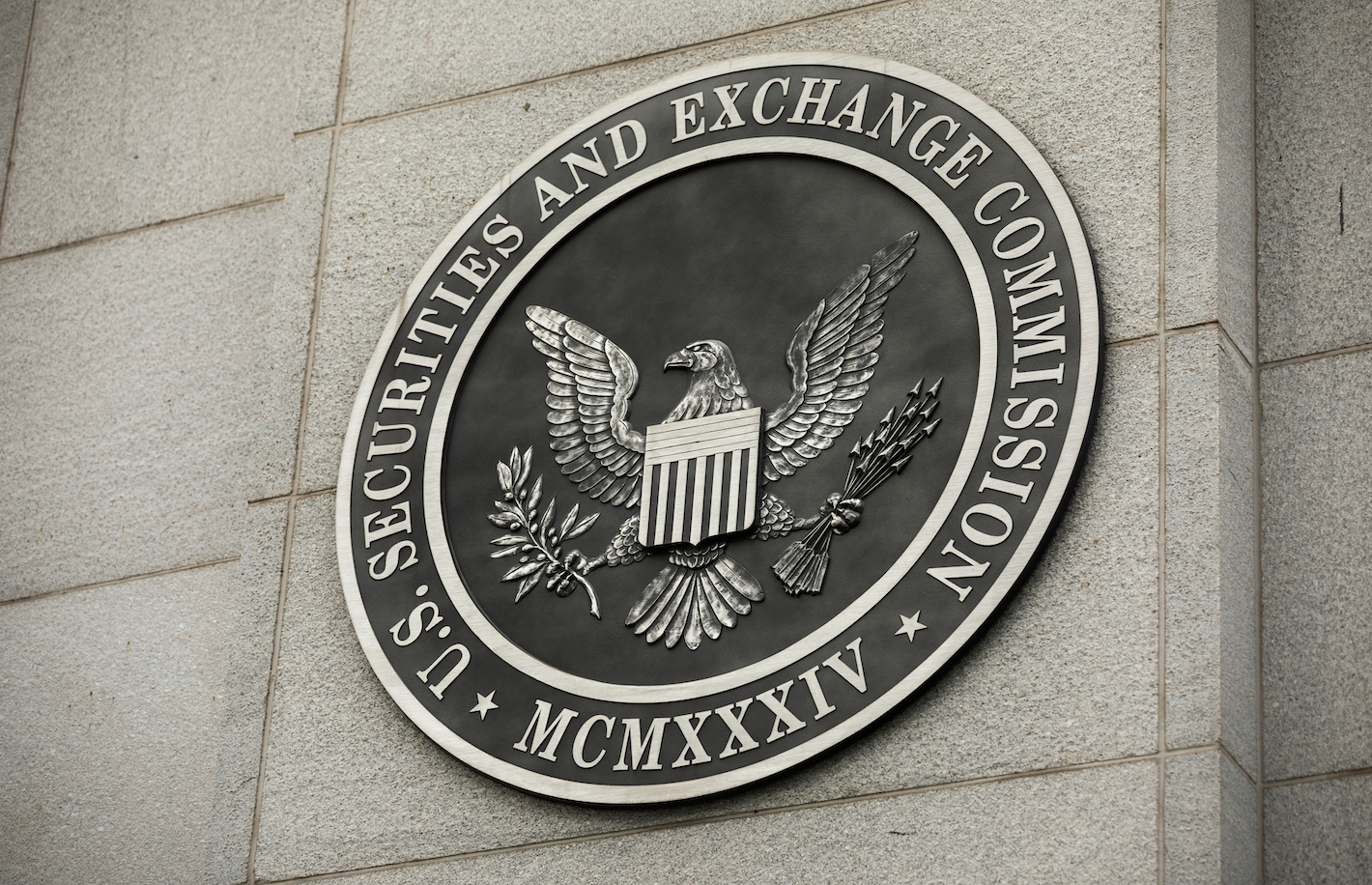SEC Intensifies Scrutiny on Crypto Venture Capital Firms
05.07.2024 8:00 1 min. read Alexander Stefanov
The US Securities and Exchange Commission (SEC) has intensified its scrutiny of the cryptocurrency sector, now targeting venture capital firms within the industry.
According to DL News, the SEC is investigating these firms for allegedly selling unregistered securities. On the Unchained podcast, Ari Paul, CIO of BlockTower Capital, stated that the SEC’s actions are focused on determining whether these firms are operating as unregistered securities dealers.
Paul noted that these investigations reflect the SEC’s increasing pressure on the digital asset industry under Chairman Gary Gensler. He mentioned that some venture capital firms engage in practices akin to securities dealing by making pre-trading agreements with cryptocurrency projects, thus violating securities laws.
Paul explained that before a cryptocurrency project launches its token, it often enters agreements with market makers or venture firms, selling tokens at a significant discount in exchange for promotion. He likened these practices to those of securities dealers, describing them as ethically dubious “pump-and-dump” schemes.
Under Gensler’s leadership, the SEC has already taken legal action against major crypto exchanges such as Coinbase, Kraken, and Binance, accusing them of offering unregistered securities. Additionally, the SEC has targeted the DeFi sector, filing a lawsuit against Consensys on June 28 for allegedly conducting unregistered securities sales through its MetaMask staking service.
-
1
Trump Imposes 50% Tariff on Brazil: Political Tensions and Censorship at the Center
10.07.2025 7:00 2 min. read -
2
Key Crypto Events to Watch in the Next Months
20.07.2025 22:00 2 min. read -
3
USA Imposes Tariffs on Multiple Countries: How the Crypto Market Could React
08.07.2025 8:30 2 min. read -
4
UAE Regulators Dismiss Toncoin Residency Rumors
07.07.2025 11:12 2 min. read -
5
Majority of U.S. Crypto Investors Back Trump’s Crypto Policy, Survey Finds
05.07.2025 18:09 2 min. read
Two Upcoming Decisions Could Shake Crypto Markets This Week
The final days of July could bring critical developments that reshape investor sentiment and influence the next leg of the crypto market’s trend.
Winklevoss Slams JPMorgan for Blocking Gemini’s Banking Access
Tyler Winklevoss, co-founder of crypto exchange Gemini, has accused JPMorgan of retaliating against the platform by freezing its effort to restore banking services.
Nigeria Signals Greenlight for Stablecoin Innovation Under New Regulatory Vision
Nigeria is taking a decisive step toward embracing stablecoin adoption, as the country’s Securities and Exchange Commission (SEC) outlined its readiness to support digital currency innovation—under clear regulatory conditions.
Robert Kiyosaki Warns: ETFs Aren’t The Real Thing
Renowned author and financial educator Robert Kiyosaki has issued a word of caution to everyday investors relying too heavily on exchange-traded funds (ETFs).
-
1
Trump Imposes 50% Tariff on Brazil: Political Tensions and Censorship at the Center
10.07.2025 7:00 2 min. read -
2
Key Crypto Events to Watch in the Next Months
20.07.2025 22:00 2 min. read -
3
USA Imposes Tariffs on Multiple Countries: How the Crypto Market Could React
08.07.2025 8:30 2 min. read -
4
UAE Regulators Dismiss Toncoin Residency Rumors
07.07.2025 11:12 2 min. read -
5
Majority of U.S. Crypto Investors Back Trump’s Crypto Policy, Survey Finds
05.07.2025 18:09 2 min. read


